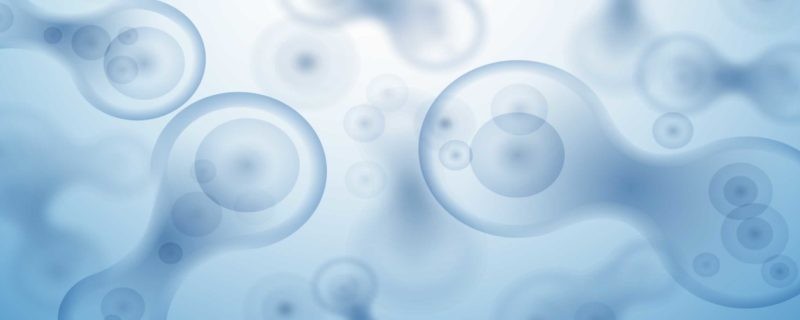
Stem Cells Generated From Banked Blood Could Create Powerful Disease Models
Recently, induced pluripotent stem cells (iPSCs) were generated for the first time using small amounts of banked blood samples. Researchers at Wisconsin-based Cellular Dynamics International (CDI) published their findings and methodology on iPSCs in Blood on June 27, 2011. CDI, founded by stem cell pioneer James Thomson, discovered that not only could they create iPSCs from blood samples, but that the created cells could successfully differentiate into all three germ layers.
All of the different types of specialized cells in the human body are derived from one of three embryonic germ layers. The germ layers, endoderm, mesoderm, and ectoderm represent different cell types. The endoderm gives rise to lung tissue and digestive organs including the stomach, colon, liver, and pancreas. The mesoderm becomes bone, muscle, and connective tissue, including the heart. Lastly, the ectoderm becomes skin, nerves, and brain, including the eyes, ears, and pituitary gland. Human embryonic stem cells can self-replicate and can give rise to cells from all three germ layers. The fact that embryonic cells can become any type of cell makes them invaluable in research and some stem cell treatments. iPSCs can also differentiate into cells from all three layers, but they are derived from sources other than embryos, which can make their use less controversial.
The ability to create iPSCs from blood samples collected during clinical trials and other types of research means that researchers will be able to access blood for individuals with many different types of diseases. The iPSCs from these disease states will allow researchers to create stem cell models for many different types of diseases and will be invaluable in human biology research and drug discovery. Nick Seay, CDI’s Chief Technology Officer, said “Our ability to take samples of banked blood and create Epstein-Barr Virus free iPSCs, and use that material to manufacture cells in the quantity, quality, and purity required for research, is an important step forward in the study of human biology and understanding the promise of regenerative medicine. CDI’s research truly enables the study of human biology in a dish.” Previous research allowed researchers to use blood samples to study patients’ DNA, but this new discovery will allow researchers to study any cell type created from these blood samples representing different disease states.
For more information, please see: